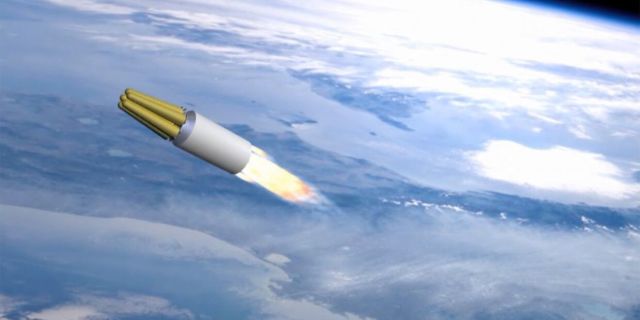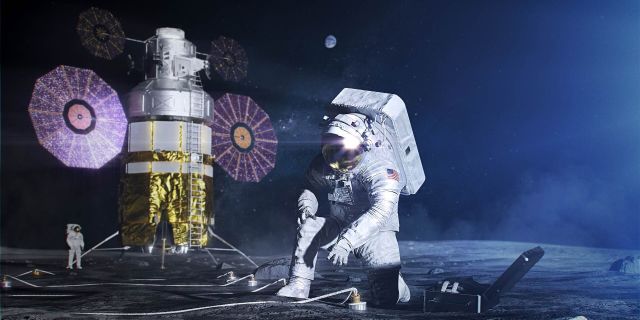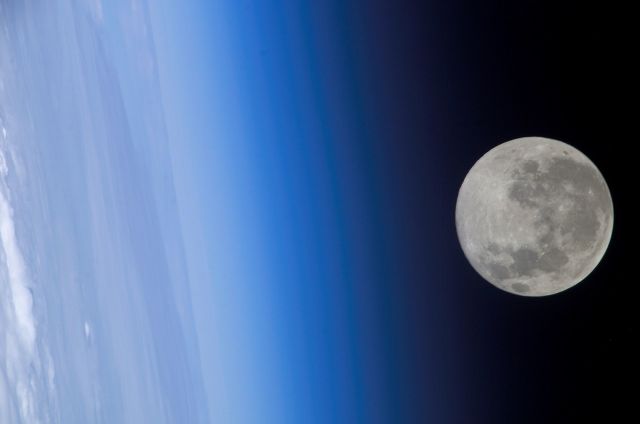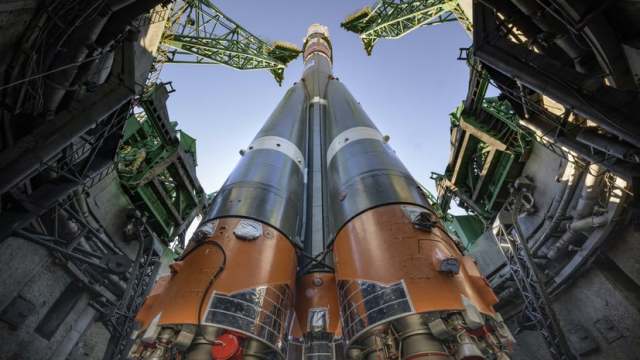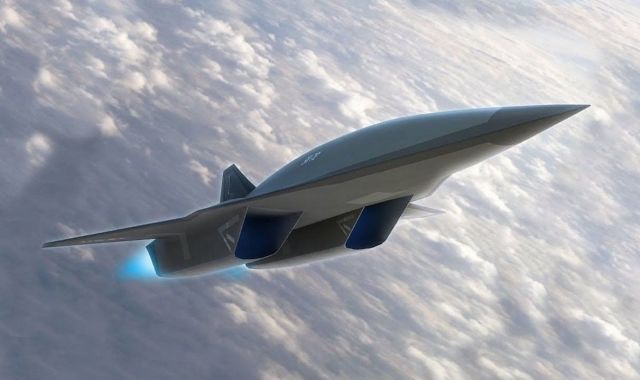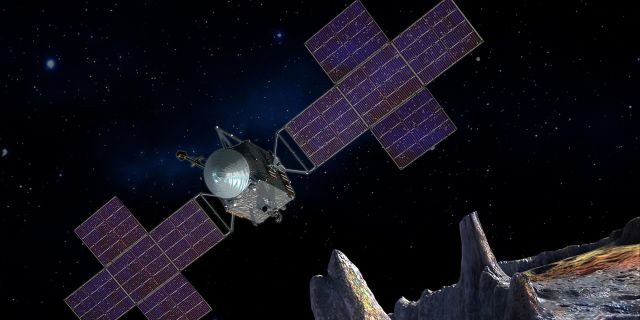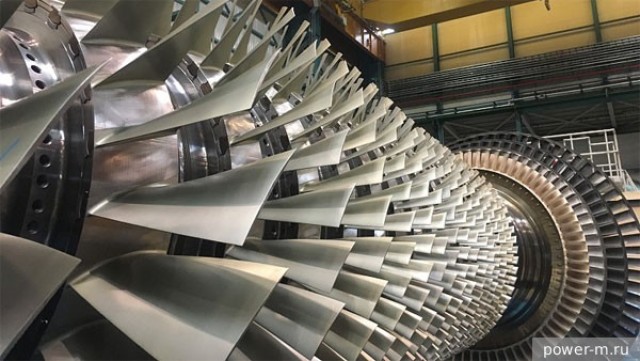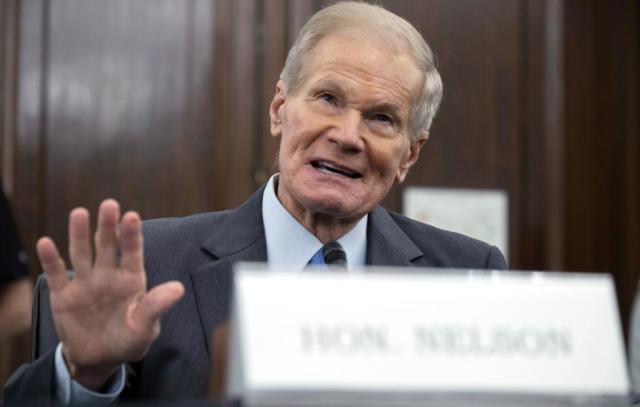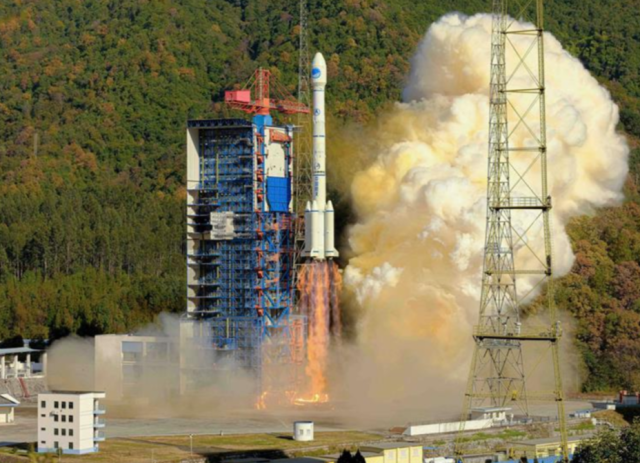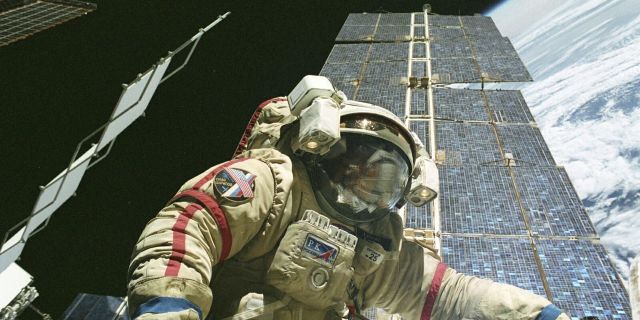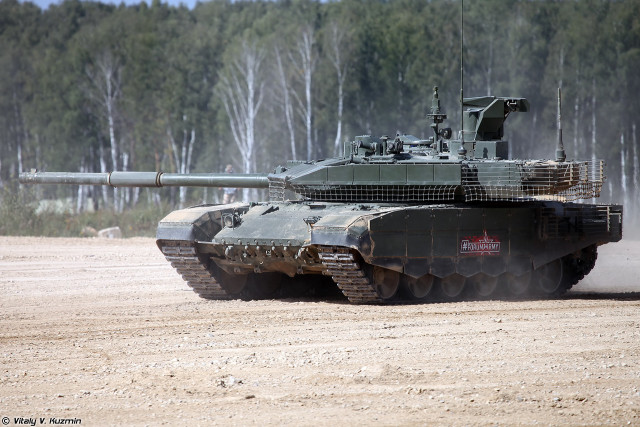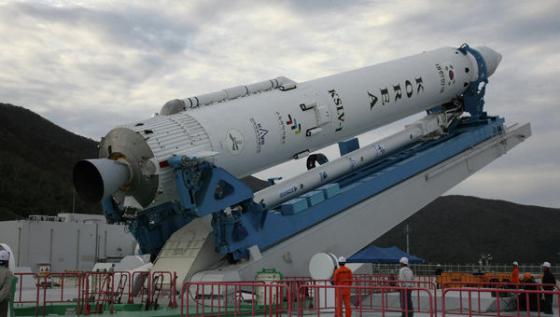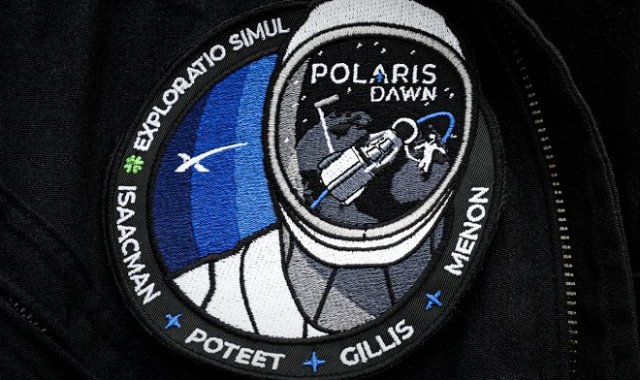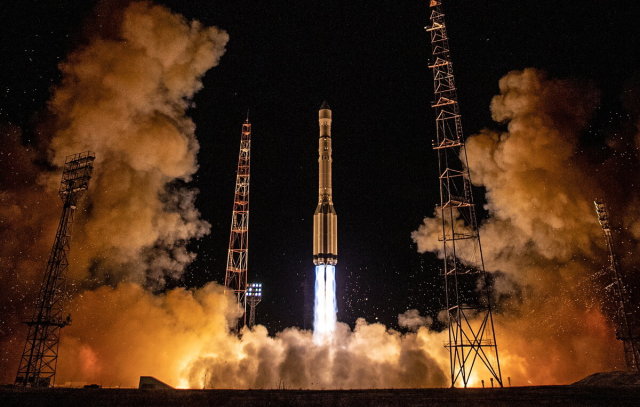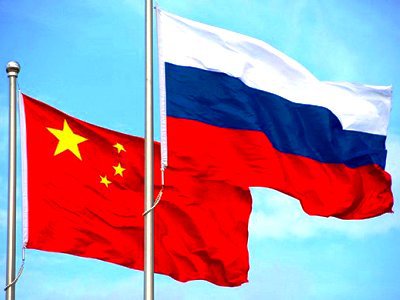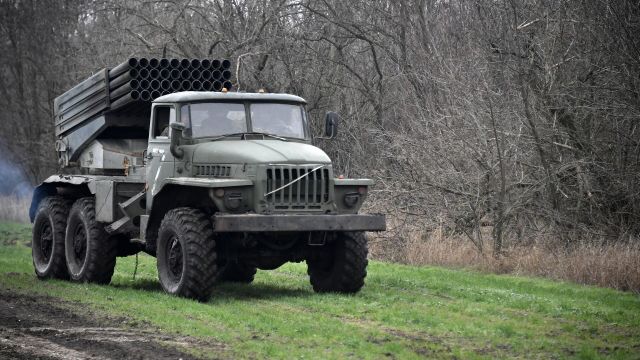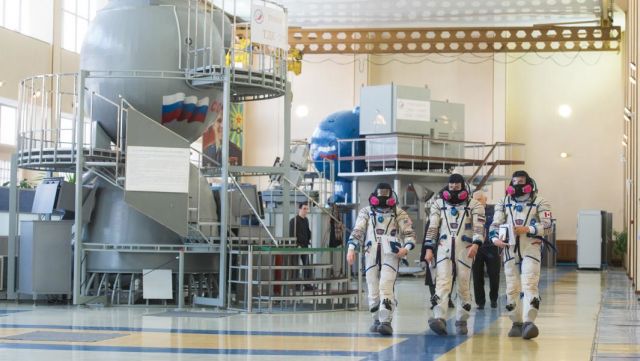Latest news on "Space"
The scenario of the destruction of Japan by the Russian "devil's weapon" is called
Shukan Gendai: Japan was afraid of the attack of Russia's "brutally destructive" weapons
Russia can use its most destructive weapon against Japan — the Sarmat missile, writes Professor Itsuro Nakamura in an article by Shukan Gendai. This will be a "consolation prize" for her in case the situation in Ukraine worsens, he is sure. One blow is enough to bring the country to its knees.
The reason why people will live on the moon is revealed
Nautilus: people will be able to live on the moon
After 10-20 years, the moon will turn into a promising place, and research will gain momentum, the author of Nautilus believes. It will be the starting point before the exploration of other planets.
Scientists have Fused bronze and steel to improve rocket and airplane engines
Researchers from Skoltech printed samples from previously unexplored steel and bronze alloys on a 3D printer and determined their mechanical characteristics. Combining the valuable properties of both main components, these new iron-copper alloys can be used in aircraft and rocket engines: it is possible to make a combustion chamber to which steel will give high heat resistance, and bronze — the necessary thermal conductivity to prevent overheating. The study is published in the journal Materials & Design.
NASA scares Chinese lunar expansion: who benefits from it - TASS Opinions
Mikhail Kotov — about what is on the moon and who pursues what goals in its development
At the very beginning of 2023, Politico published an interview with the head of NASA, Bill Nelson, in which he stated that, they say, in the very near future, China may try to occupy the most resource-rich areas of the Moon and prevent the United States from reaching them.
Roscosmos has decided on two unmanned flights of Soyuz spacecraft at once
The unprecedented decision on unmanned flights for both Soyuz MS-22 Tsiolkovsky and Soyuz MS-23 was caused by the department's attempt to compensate for the micrometeorite hit in the first of these ships.
The new equipment of Russian soldiers will receive bold decisions
We need to finalize the equipment of our military to the highest level as soon as possible – already this year. This task was set by the head of the Ministry of Defense Sergei Shoigu. Now the troops use the "Warrior", which has been massively introduced over the past ten years. But during this time, new materials, technologies have appeared, and the specifics of combat have changed. What is required from the equipment of the new generation, based on the experience of its own?
Hypersonic flight: power plants
The incentive for the development of aviation and rocket power plants has always been the desire for greater speed. The growing need for speeds in the atmosphere of at least Mach 5 has led to the emergence of new and innovative solutions for the so-called hypersonic flight.
12 most exciting space missions of 2023
Big Think: here are the space missions and programs waiting for us in 2023
In 2023, new rockets will fly into space, OSIRIS-REx will return and a mission to Jupiter will start, which will help us discover life beyond Earth. The publication Big Think writes about 12 exciting space events that are worth waiting for in the next 12 months.
Russia is creating a whole range of breakthrough technologies
The response of Russian industry and science to Western sanctions was a sharp acceleration of its own technological developments. Rosatom, Roscosmos and a number of other leaders in their industries have shown particularly significant results in the past year. Domestic mechanical engineering displaces imported analogues, including surpassing them in quality.
The head of NASA claims that China can claim territories on the Moon
This will happen if Beijing wins a new space race with the United States, Bill Nelson believes
The Chinese authorities can allegedly claim their rights to the territory on the Moon if they win a new space race with the United States. This opinion was expressed by the head of the US National Aeronautics and Space Administration (NASA) Bill Nelson in an interview with Politico published on Sunday.
Russia and China have signed a program of cooperation in space activities until 2027
An agreement on cooperation in ensuring complementarity of the global navigation satellite systems GLONASS and Beidou was also signed
Roscosmos and the Chinese National Space Administration (CNSA) signed a cooperation program for 2023-2027 at the end of November. This is stated in the message of Roscosmos, distributed on Thursday.
A new space race will make fiction a reality
FT: the commercialization of space will require international cooperation
Over the past few years, the world has been shaken by trade wars and armed conflicts, writes the Financial Times. This year may also entail a battle for dominance in space, which is considered the "last economic frontier".
What was the year 2022 like for the Russian military-industrial complex
TASS on the results of the defense industry in 2022
The Special Military Operation (SVO), which began on February 24, had a significant impact on the entire military-industrial complex (MIC) of Russia this year. Responding to the needs of the army, the industry adjusted the pace and range of manufactured products in a short time.
South Korea will create a $39 billion fund to support startups in the field of space
The Ministry of Information and Communication Technologies of the country has planned such a goal for 2023
The South Korean government intends to create a $39 billion fund to support domestic startups engaged in the development of space technologies. This was reported on Wednesday by the Yonhap agency with reference to the Ministry of Information and Communication Technologies.
SpaceX Astronauts prepare for "life in space" by playing educational mobile games
In March 2023, SpaceX plans to launch the Polaris Dawn mission. It will be innovative in many ways: astronauts will test the Starlink laser communication in space, conduct several dozen scientific experiments and make a commercial spacewalk. In addition, the flight will take place in a record high orbit.
Sanctions, records, depressurization and mutual assistance: 2022 for the space industry
TASS on the cosmic results of the year
In 2022, Russian cosmonautics faced a number of global changes — the change of the Director General of Roscosmos, the imposition of sanctions, the refusal of Europeans to cooperate. Despite this, the state corporation continues to cooperate with international partners — in particular, an agreement was signed with China on joint work on the international scientific lunar station, and with the United States on cross—flights to the ISS.
Sergey Krikalev: the work of the Russian segment of the ISS can be extended at least until 2028
Sergey Krikalev, Executive Director of the Roscosmos State Corporation for Manned Space Programs, in an interview with Interfax correspondent Artem Rukavov, spoke about the possibility of extending participation in the International Space Station project, designing a new Russian orbital station, the future of cross-flights and prospects for Russian-Chinese relations in space.
Cooperation between Russia and China in manned cosmonautics will become relevant for long-distance space flights - Krikalev
Russia and China have not yet discussed cooperation in manned space exploration, but prospects in this area will become relevant in the exploration of deep space, Sergei Krikalev, Executive director of Roscosmos for manned programs, told Interfax in an interview.
RIA Novosti's choice: the main expectations of 2023 in the military sphere
In the coming year, a special military operation will continue, the Russian Armed Forces will grow in number, new formations will be formed, it is planned to receive the latest models of equipment to the troops, and new surface ships and submarines to the fleet. Read about these and other plans in the military sphere in the material of the profile edition of RIA Novosti.
More than 3 thousand applications for space flight were registered in Belarus
According to the deputy chairman of the Presidium of the NAS of Belarus Oleg Chernyshev, "six of the most worthy" candidates are now undergoing a medical examination
More than 3 thousand candidates from Belarus have applied for a space flight, six applicants have been selected from them. This was announced by the Deputy chairman of the Presidium of the National Academy of Sciences (NAS) of Belarus Oleg Chernyshev on Saturday.




